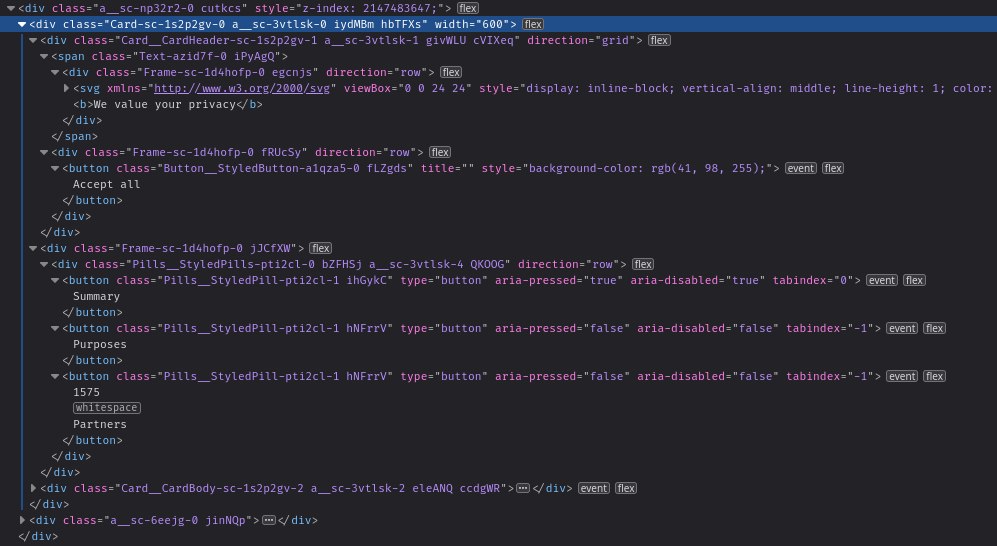

The competitive scene happened. Can’t have meaningful competitive matchmaking against the same 100 players. People don’t just want to frag noobs, they want to grind the ladder to be able to say “I’m GE and you’re Gold, therefore I know for a fact I’m better than you”.
This is a global phenomenon. Even goddamn chess has this, first thing players ask each other nowadays is “what’s your chess.com ELO”.
I’m not a competitive player myself but I get why people rush after ELO progression. And it’s not much of a stretch to say CS, Valo, and especially chess wouldn’t have seen such widespread success without competitive ELO-based matchmaking.













I would argue that Valorant or CS are terrible games for casual enjoyment anyways. The skill floor is already pretty damn high for a shooter.
In the FPS genre I’ve found Battlebit has faithfully replicated the feel of BF3/BF4 for those of us who just want to run towards the objective and shoot, and it had old school community servers.